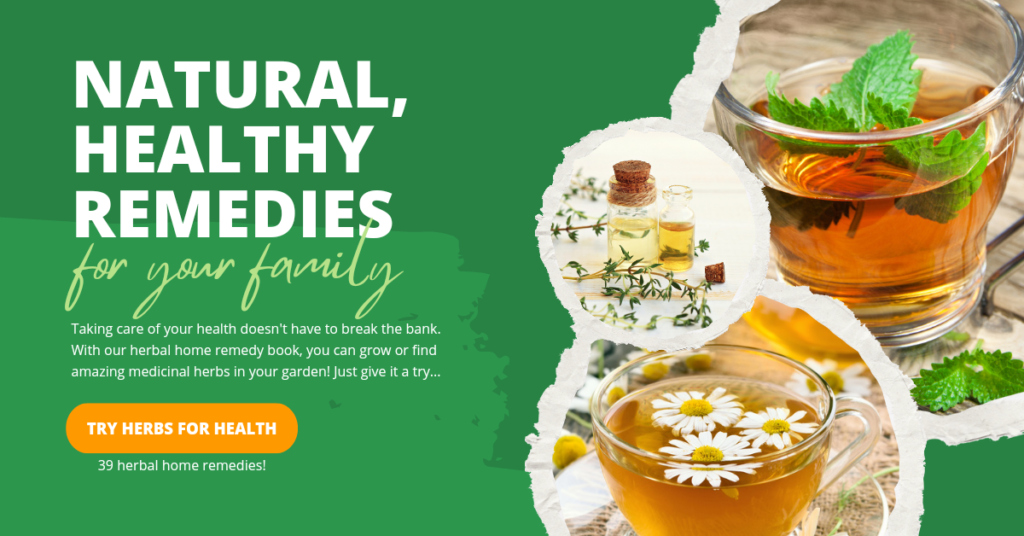This site contains affiliate links to products sold by selected self improvement partners. We may receive a commission for purchases made through these links.
I remind you that the information provided in this series is for information purposes only and is not to be used or relied on for any diagnostic or treatment purposes. This information is not intended to be patient education, neither is it to be construed as such. It does not create any patient-physician relationship and should not be used as a substitute for professional diagnosis and treatment where required. Consult a doctor for medical advice, treatment or diagnosis.
Also, while every attempt is made to ensure accuracy, you are strongly advised to take responsibility and do your own research.
In the previous article, we looked at Gingko biloba, one of the oldest tree species in the world that is an endangered species.
In this article, we will look at Ginseng (Panex ginseng, Panex quinquefolius), another herb that is under threat.
The “man-root”
It would not be surprising if out of all of the herbal supplements on the market today, Ginseng were the most widely used. In earlier times Ginseng went by a different name, “man-root” from the Chinese ren-shen.
In an article for the American Botanical Council, Dennis V.C. Awang says that the Chinese characters for ginseng, represent ideas rather than sound.
Ren embraces multiple concepts, including the spirit of man or the shape and dimensions of man. Shen, Sêng, or sang means root, but also a ‘crystallization of the essence of the earth’.
Dennis V.C. Awang, American Botanical Council
Different types of ginsengs
There are different types of ginsengs with slightly different actions (American, Asian, Korean, and Chinese). They are restorative, building tonics that benefit the whole system. Ginseng is adaptogenic to help the cope with physical, mental and emotional stress. Mentally, ginseng promotes brain rejuvenation and mental clarity. Physically, it increases endurance and stamina.
Associated beliefs
Many people swear by the powers of Ginseng for its healing and mystical powers. The Ancient Chinese thought that when a plant resembles a human body part that it would have a healing effect on that part of the body. In other words if a plant resembled a hand it would have the ability to heal the hands.
This approach is quite similar to that of some ancient Gnostics who believed that, because the archons were responsible for creating the human body, if there was something wrong with it, the particular archon for that ailment would be targeted.
Since Ginseng is holistic, it is thought that it can bring balance and well being to the whole body.
The root contains complex carbohydrates, is an anti-inflammatory, an antioxidant, and has anti-cancer properties.
American Ginseng has also been shown to improve working memory in schizophrenic patients.
Uses in cooking
While it is true that Ginseng is most widely recognized as a medicinal herb it is also used quite frequently in teas, energy drinks, and in cooking. Most people are aware of Ginseng as tea, yet are not aware that Ginseng is sliced and put into soups and often boiled and mashed, added to stir fry dishes, and added to boiling water when cooking rice. It is much more common for cooking in Chinese, Korean, and Asian foods.
Often Ginseng is used when cooking chicken and mushroom dishes. Many people also use it in desserts for some added zing. It is often used in soups, salads, and even jellies.
You don’t have to be vegetarian to appreciate the benefits of this very popular herb root.
Under threat
American ginseng, in particular, while not as endangered as Gingko biloba, may be under threat.
Several years ago, in 2005, there was even a case where it was being smuggled to the Chinese mainland!
In that same year, the US Fish and Wildlife Service (FWS) announced new restrictions on the export of wild American ginseng roots.
It is also under threat in the sense that, due to its popularity, “snake oil” merchants seeking to cash in, add the word “ginseng” to their products to increase sales.
Adverse effects
According to reviews at the National Institute of Health, Ginseng decreases the blood levels of some drugs, such as warfarin, and enhances the effect of sedating drugs. With long-term use, nervousness, diarrhea, confusion, depression or depersonalization may occur.
For pregnant and lactating women, you are advised to use Panax (Asian) ginseng with caution.
Also, if you suffer from high blood pressure, heart disease, bleeding or clotting disorders, or diabetes, speak with your primary healthcare provider first before deciding to use ginseng.
In the next article, we will look at Goldenseal.
To a better, wiser, stronger YOU!

Note: I am an affiliate for the above offer and may get a commission on each sale.
Sources:
Longevity Herb Recipes. Located at Home Herb School (online), https://homeherbschool.com
Herbal medicine. Located at Mount Sinai (online), https://www.mountsinai.org/health-library/treatment/herbal-medicine [Accessed May 15, 2023]
Drugs and Lactation Database (LactMed®) [Internet]. Bethesda (MD): National Institute of Child Health and Human Development; 2006–. Ginseng. 2021 Dec 20. PMID: 30000873.
Leung KW, Wong AS. Ginseng and male reproductive function. Spermatogenesis. 2013 Jul 1;3(3):e26391. doi: 10.4161/spmg.26391. Epub 2013 Sep 13. PMID: 24381805; PMCID: PMC3861174.
Government Increases Restrictions on Wild American Ginseng Export. Located at American Botanical Clouncil (online), http://herbalgram.org/resources/herbalgram/issues/70/table-of-contents/article2971/ [Accessed May 15, 2023]
What in the Name of Panax Are Those Other “Ginsengs”? Located at American Botanical Council (online), http://herbalgram.org/resources/herbalgram/issues/57/table-of-contents/article2447/ [Accessed May 15, 2023]
This site contains affiliate links to products sold by selected self improvement partners. We may receive a commission for purchases made through these links.
